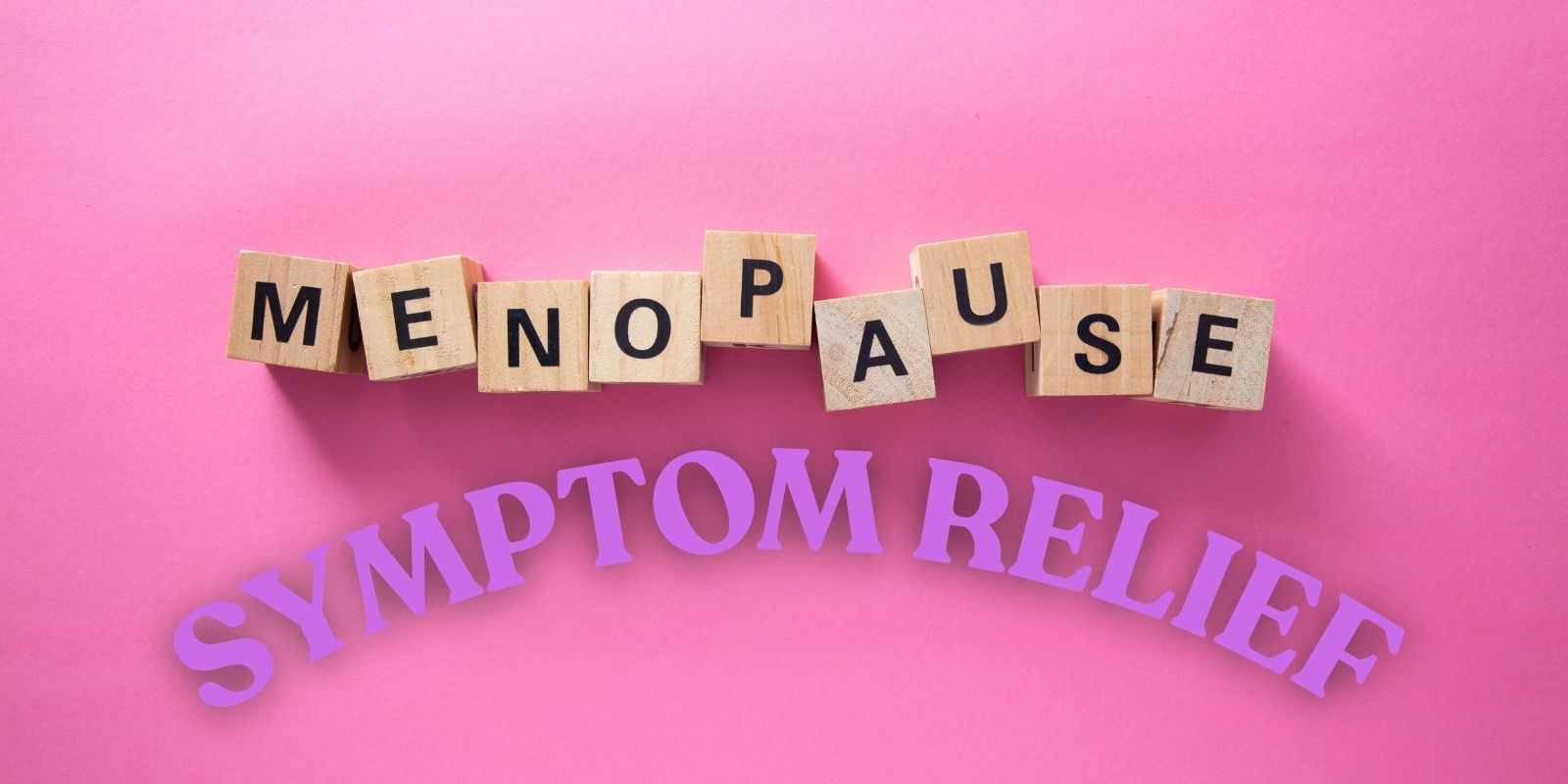Menopause Symptom Relief: Natural Ways to Regain Balance and Comfort
The menopause symptom relief journey looks different for every woman. Some experience sudden hot flashes or restless nights, while others notice emotional ups and downs. These shifts are natural, but that doesn’t mean you need to face them without support. The right mix of movement, nutrition, and mindful rest can ease many of these symptoms.
Through small, consistent changes, menopause can become a period of renewal rather than discomfort. This guide explores natural relief methods, mind-body techniques, and emotional tools that help restore comfort and confidence during this stage of life.
Table of Contents – Menopause Symptom Relief
- Understanding Menopause and Its Effects
- Lifestyle Habits That Support Relief
- Mind-Body Practices for Menopause
- Intimacy and Connection During Menopause
- Key Takeaways
- FAQs
Understanding Menopause and Its Effects
Menopause marks the end of menstrual cycles and the beginning of a new hormonal balance. It’s a natural stage, not a disorder, yet it can bring symptoms that affect daily comfort. These may include hot flashes, sleep changes, mood shifts, and vaginal dryness. Hormone levels, especially estrogen, decrease gradually, influencing both physical and emotional wellbeing.
Understanding what’s happening in your body helps make the changes less intimidating. Relief doesn’t come from quick fixes, but from creating supportive habits that calm the nervous system, improve rest, and regulate body temperature. You can find reliable background information and management tips from the Women’s Hospital menopause guide, which outlines both natural and medical strategies.
When you view menopause as a transition rather than a problem, you give yourself space to adapt. Self-compassion and awareness become as important as physical care during this time.
Lifestyle Habits That Support Relief
Relief from menopause symptoms often starts with daily routines. A balanced diet rich in whole grains, fruits, vegetables, and omega-3 fats supports hormone health. Avoiding alcohol, caffeine, and processed sugar can reduce hot flashes and improve mood stability. Staying hydrated also eases fatigue and helps the body manage temperature swings more effectively.
Consistent movement makes a difference. Gentle exercise like yoga, swimming, or walking keeps joints flexible, reduces anxiety, and improves sleep. Setting a regular bedtime, stretching before rest, and limiting screen exposure can also improve recovery and focus. For broader emotional confidence, you might enjoy reading What Is a MILF?, which redefines mature femininity and helps rebuild self-image.
Relief also means balance — not perfection. Some days will feel easier than others. When you stay consistent with nutrition, sleep, and movement, your body adapts gently and the symptoms gradually lessen. For evidence-based treatment advice, check the Mayo Clinic’s Menopause Treatment Guide.
Mind-Body Practices for Menopause
Mind-body practices bring balance to the hormonal, emotional, and physical changes of menopause. Techniques like yoga, meditation, and gentle breathwork help calm the nervous system, reduce stress, and stabilize body temperature. Even 10 minutes of slow breathing or stretching each morning can ease hot flashes and improve focus.
Journaling is another powerful tool. Writing about your daily experiences, emotions, and body changes builds self-awareness and helps track patterns. This kind of reflection creates perspective and acceptance, showing that your body is not working against you — it’s simply adjusting. If you want to explore this practice further, try Erotic Journaling, which blends mindfulness with sensual expression for a grounded sense of self-connection.
As a yoga instructor, I’ve seen how simple breathwork and journaling help women reclaim comfort in their bodies. During menopause transition, daily stretching and reflective writing turns frustration into calm focus. It reminded me that every wave of change can also be a path toward balance and self-understanding.
Intimacy and Connection During Menopause
Many women notice shifts in intimacy as hormones change. Reduced estrogen can cause vaginal dryness or lower libido, while emotional fatigue can make closeness feel distant. These experiences are common and do not signal the end of sexual pleasure — they simply invite new ways to connect. Gentle communication about touch, comfort, and pace keeps intimacy alive without pressure.
Lubricants, massage oils, and sex toys designed for sensitivity can help restore comfort and pleasure. They increase blood flow and reduce discomfort while maintaining connection. Tools that encourage shared exploration can also deepen trust between partners. To explore suitable options, see Sex Toys for Seniors, a guide made for comfort, body awareness, and confidence in later life.
Menopause can open the door to a new phase of sexual discovery. By focusing on communication, touch, and emotional closeness, couples often find their sex lives become more intimate, less rushed, and more fulfilling than before.

Key Takeaways
- Menopause symptom relief comes from consistent self-care, not quick fixes.
- Balanced nutrition, hydration, and gentle movement can ease hot flashes and fatigue.
- Mind-body practices like yoga, breathwork, and journaling calm mood swings and improve sleep.
- Open communication and mindful intimacy help sustain emotional and sexual connection.
- Viewing menopause as a natural transition, not a loss, builds confidence and long-term wellbeing.
FAQs – Menopause Symptom Relief
Q1. What are the most common menopause symptoms?
Hot flashes, sleep problems, mood changes, and vaginal dryness are the most common. Some women also experience changes in libido and energy levels.
Q2. Can lifestyle changes reduce hot flashes and anxiety?
Yes. Regular exercise, balanced meals, and mindfulness practices help regulate hormones and reduce stress. Avoiding caffeine and alcohol also helps control hot flashes.
Q3. How can yoga or mindfulness help during menopause?
They improve blood flow, balance hormones, and calm the nervous system. Mindful breathing and movement reduce tension and make symptoms easier to manage.
Q4. Is it normal to lose sexual desire after menopause?
Yes, and it’s often temporary. Shifts in hormones can affect arousal, but open communication, intimacy, and aids like lubricants or gentle toys can help revive pleasure.
Q5. What are natural ways to support hormone balance?
Eating foods rich in phytoestrogens, staying active, managing stress, and getting enough sleep all support natural hormone function and comfort during menopause.
Cassandra Smith is a yoga instructor sharing tips on wellness, mental health, and intimacy—focusing on self-awareness, balance, and daily mind-body care.


Leave a Reply